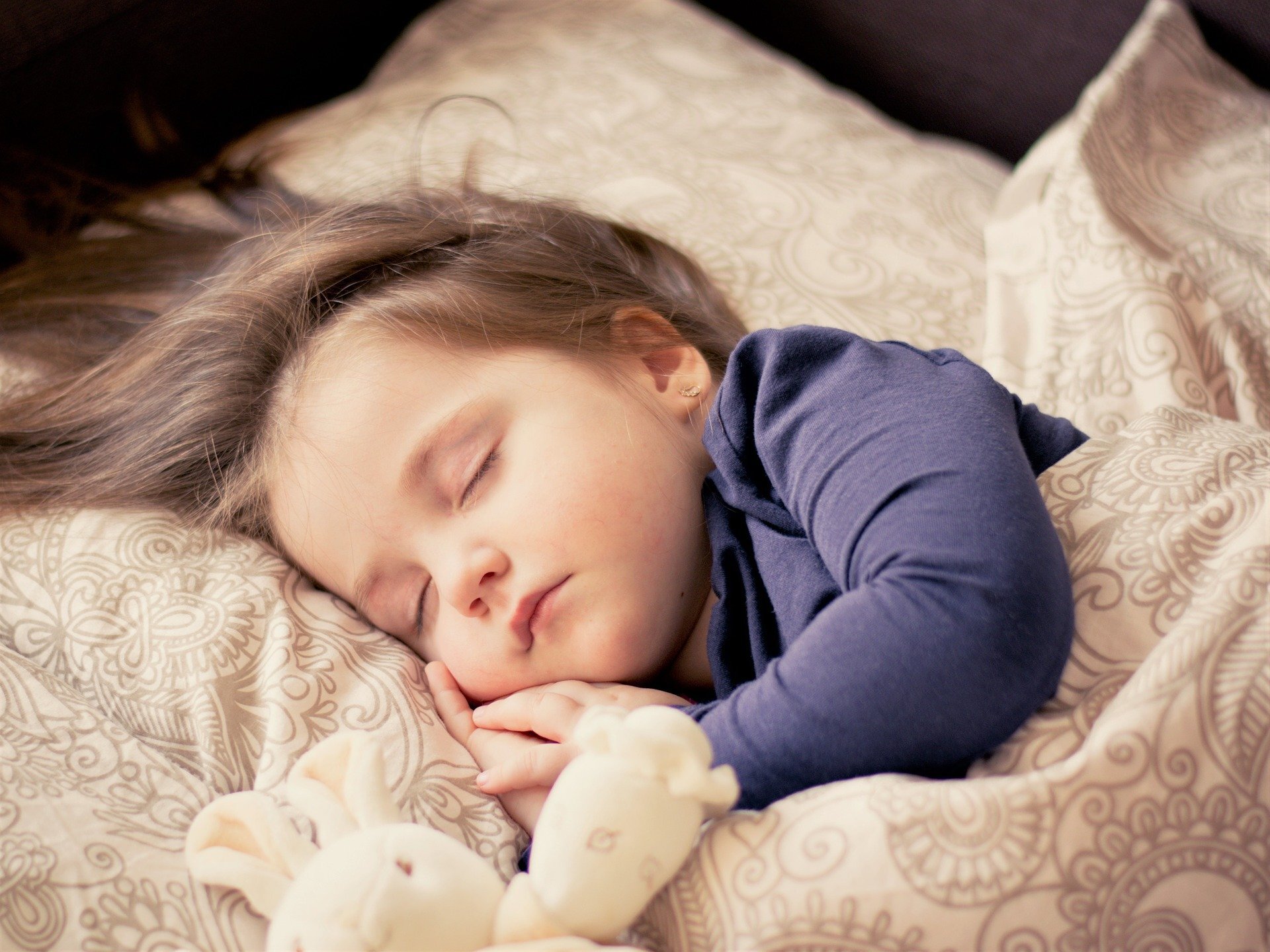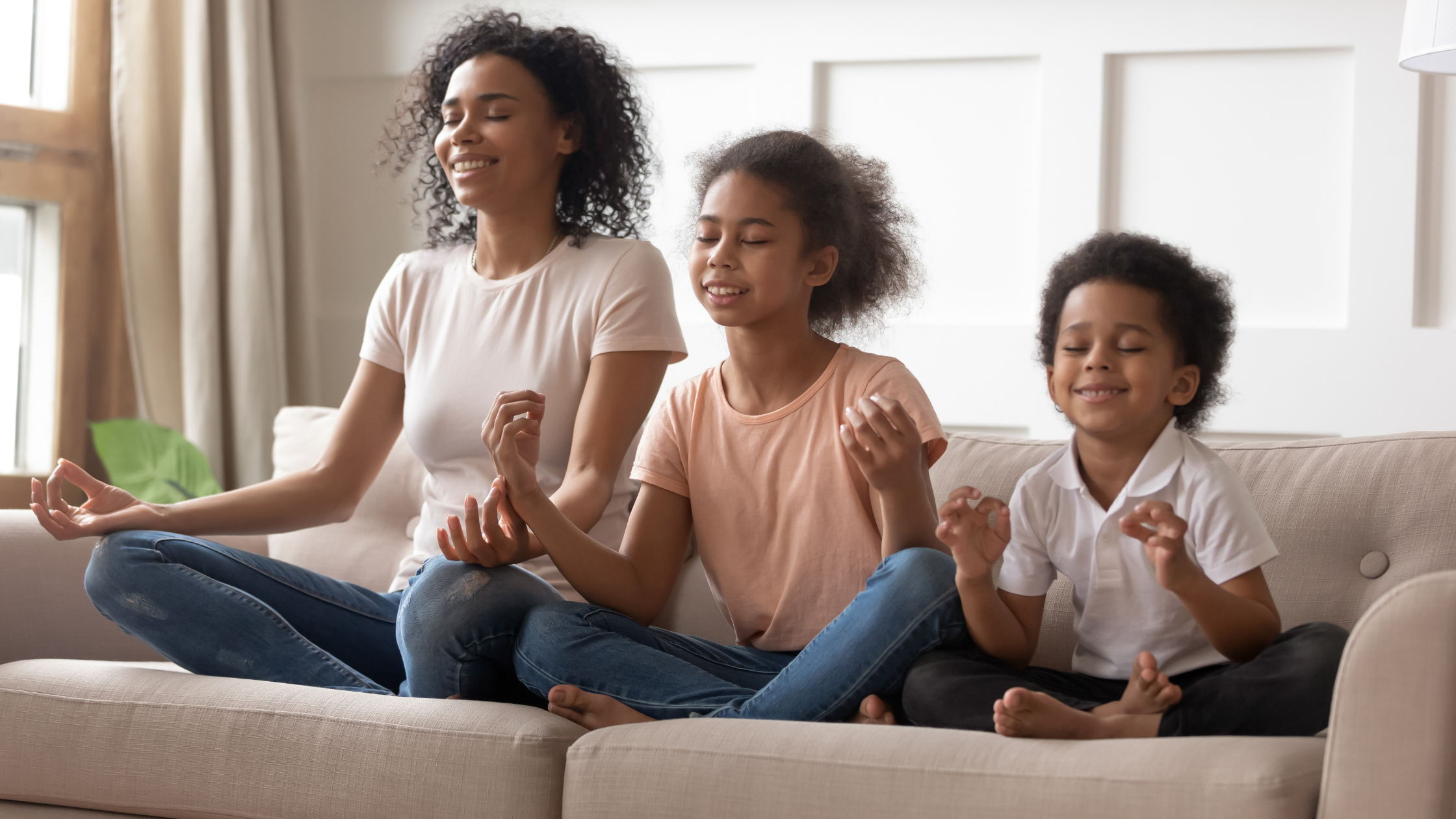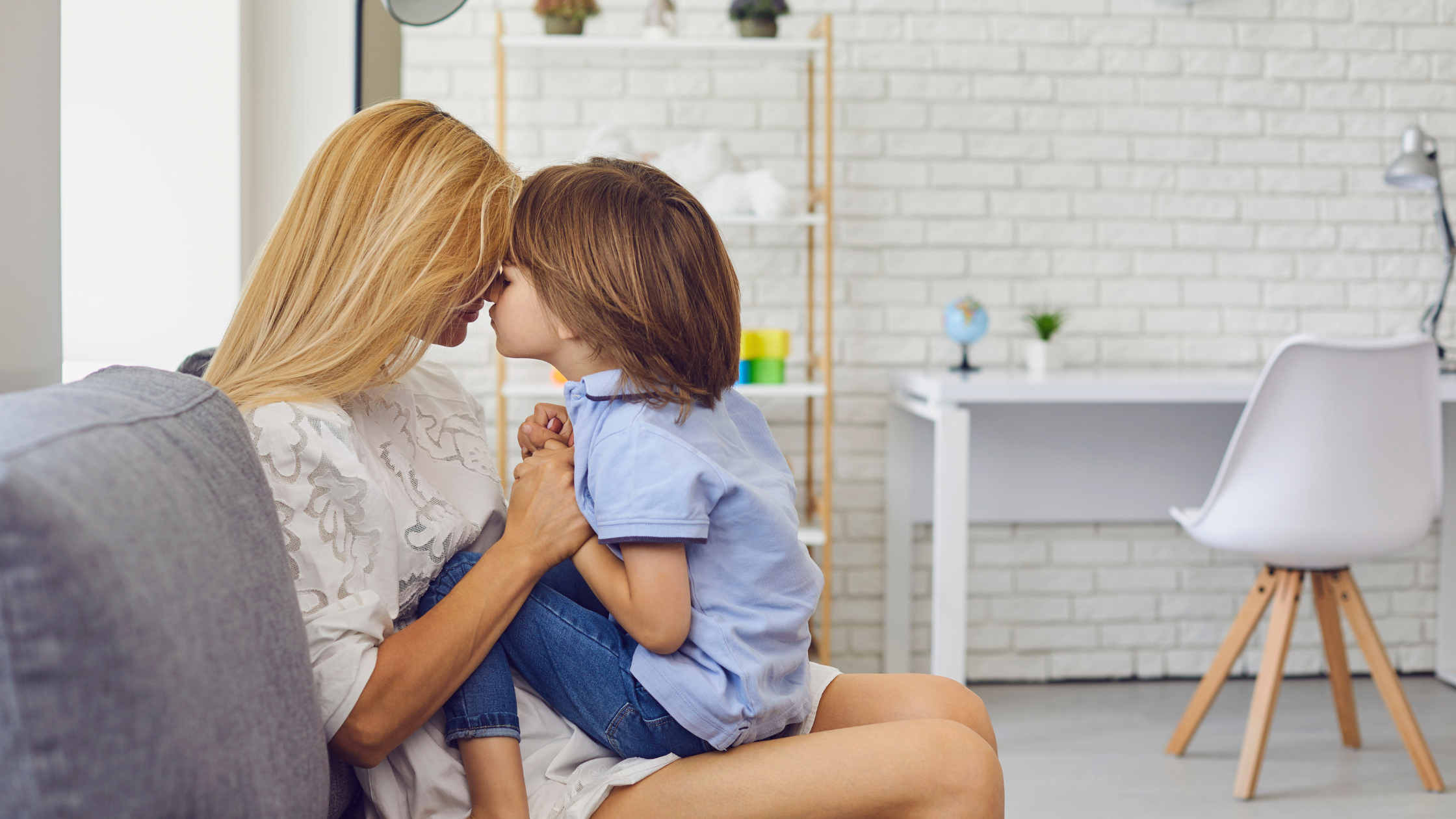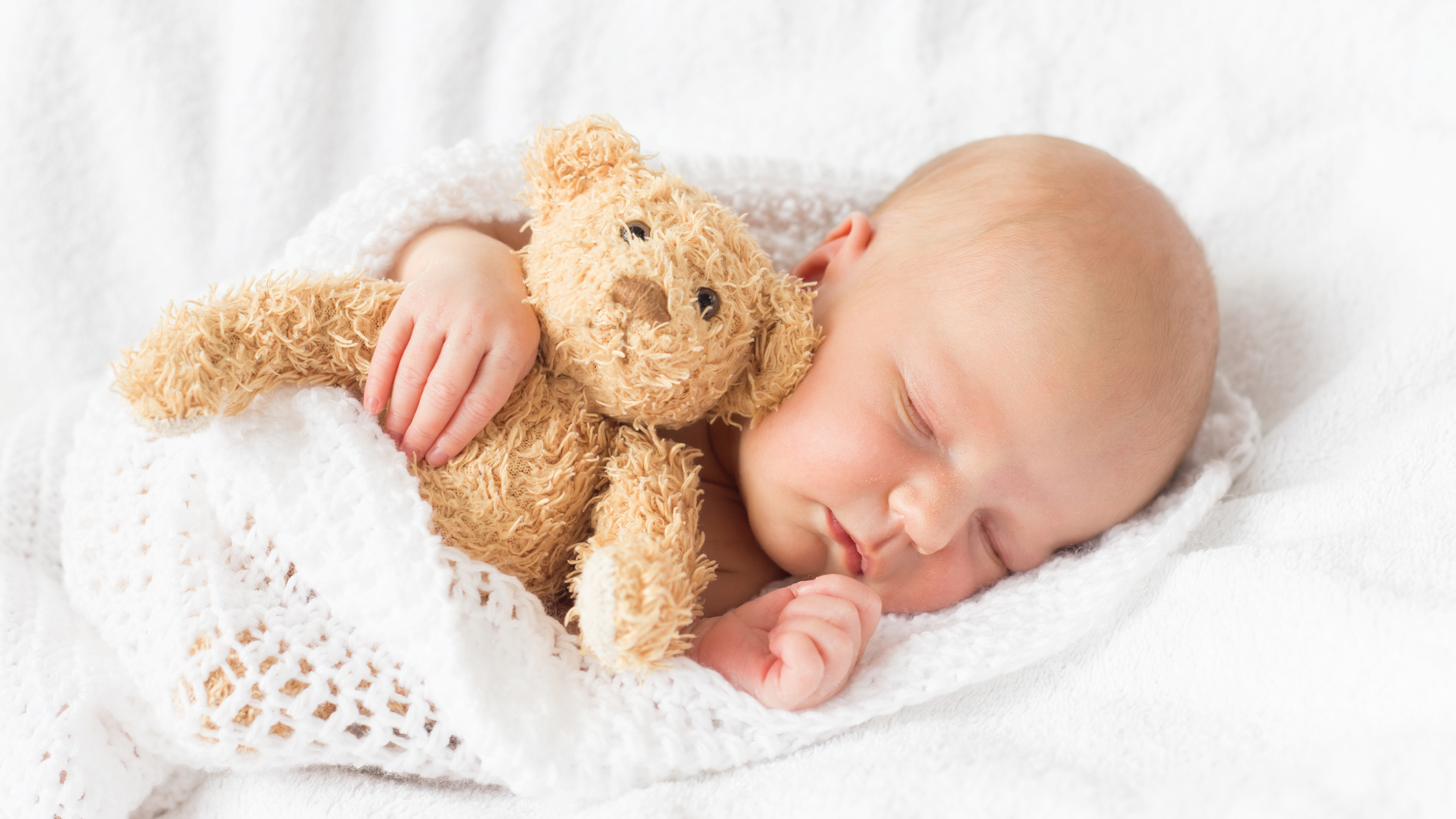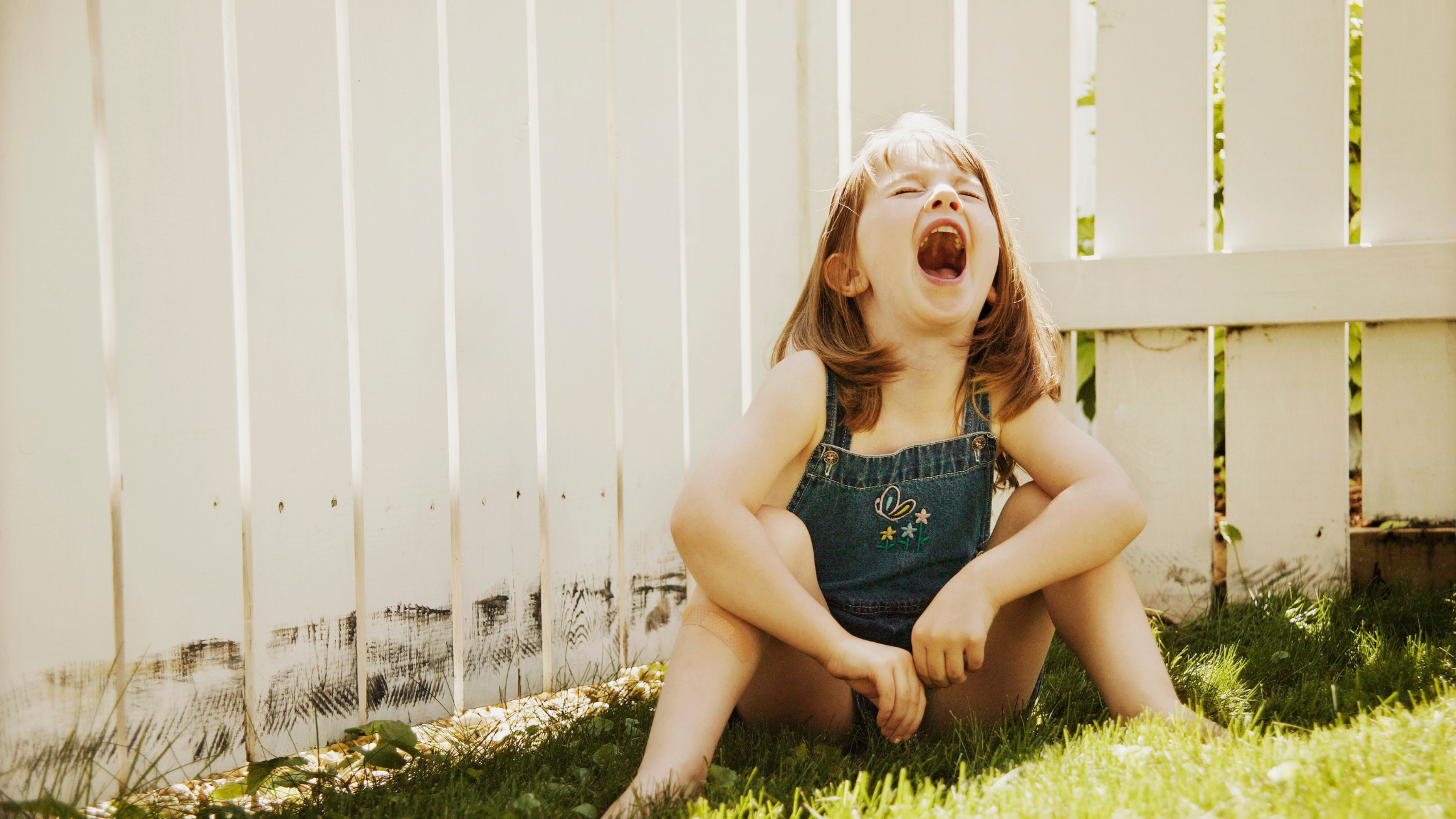Written by Cindy Hovington, Ph.D. Founder of Curious Neuron. Host of Curious Neuron Podcast (IG @curious_neuron)
My search through the scientific literature in order to prepare a blog post or podcast episode is often guided by questions I receive on Instagram and sometimes by my own questions. For today’s topic, I think I searched “WHY DON’T MY KIDS SLEEP?!!!!!” on Google, which led me to the topic of Childhood Insomnia. Hmmm…interesting…here is what I learned.
What is Childhood Insomnia?
According to this study by Susan Calhoun (2017) “Approximately 15-30% of children have problems with difficulty falling asleep and/or difficulty staying asleep.” These are signs of insomnia. It is defined as difficulties initiating and maintaining sleep and frequently results in inadequate sleep, leading to many issues for both the child and the child’s family (although there is still some debate among scientists as to how it should be defined).
Up until 2014, childhood insomnia was divided into three subtypes of behavioral insomnia of childhood (BIC) according to the International Classification of Sleep Disorders (ICSD) (did you know there are 81 sleep disorders!?). All three types included the primary difficulties of falling asleep independently or frequent night wakings:
-
BIC sleep-onset association type: BIC sleep-onset association type results from negative sleep associations, which contribute to prolonged sleep onset or frequent night wakings. For example, young children learn to settle to sleep by relying on parents through behaviors such as rocking or nursing to help the child fall asleep.
-
BIC limit-setting type: BIC limit-setting type encompasses refusal to go to bed and/or repeated requests used as attempts to delay bedtime. For example, children will use a variety of strategies to avoid bedtime (eg, asking to use the bathroom, one more story)
-
BIC combined type: IC combined type occurs when a child has a negative association with sleep coupled with resistance or refusal to go to bed due to a lack of limit-setting by caretakers.
However, now the same diagnostic criteria used to diagnose insomnia disorder in adolescents or adults is used in young children as per parent report (i.e., difficulty initiating sleep or returning to sleep without caregiver intervention) (American Academy of Sleep Medicine 2014). It appears that sleep problems in children predict the onset of externalizing problems such as behavioral problems as well as internalizing problems such as depression and anxiety. Sleep problems in very young children ages 3–4 have been shown to predict anxiety, conduct disorder, and hyperactivity at age 7. It is very common for sleep problems in children to be mislabeled as behavioral problems.
What were the goals of this study?
Given that past research has suggested sleep may impact behavior, these researchers wanted to test this. Interestingly, they also wanted to see the difference between children who actually had childhood insomnia and children whose parents felt might have insomnia.
How did they test this?
700 students from kindergarten to grade 5 were tested over a period of 5 years. Children slept 1 night in a sleep lab. Parents rated their child’s sleeping issues. Insomnia symptoms were defined as parent report of difficulty falling and/or staying asleep, sleep-disordered breathing, and objective short sleep duration as a total sleep time < 7.7 h. Parents also filled out a questionnaire about their behavior, both internal and external, using the Pediatric Behavior Scale.
Here is what is included in this scale:
-
Opposition (e.g., defies authority, disobedient
-
Aggression (e.g., starts fights, destructive)
-
Explosiveness (e.g., loses temper, irritable)
-
Inattention (e.g., does not listen to instructions, easily distracted)
-
Impulsivity (e.g., wants things right away, acts without stopping to think)
-
Hyperactivity (e.g., cannot sit still, fidgets)
-
Anxiety/Depression (e.g., worried, anxious, sad, low self-esteem)
-
Inappropriate Social Behavior (e.g., poor social judgment, emotional immaturity)
-
Mood Variability (e.g., inconsistent behavior, changes in personality)’
-
School Problems (e.g., difficulty learning, low grades)
To run their final tests, all children were placed into 1 of the 4 groups:
-
no signs of insomnia with normal sleep duration
-
no signs of insomnia with short sleep duration
-
parent-reported insomnia symptoms with normal sleep duration
-
parent-reported insomnia symptoms with short sleep duration
What were the results of this study?
Researchers concluded that “Young children with parent-reported insomnia symptoms had more problems on all behavioral indices than children whose parents did not report signs of insomnia. Children with insomnia symptoms + normal sleep duration had a behavioral profile consistent with limit-setting, oppositional, and explosive behaviors, while children with insomnia symptoms and short sleep duration had a behavioral profile characterized by internalizing behaviors, which is consistent with previous findings of increased cortisol levels in this insomnia subtype.” This means that even if your child is meeting the standards for TOTAL sleep if they struggle with falling asleep or remaining asleep, they might still have consequences due to lack of sleep. Also, inattention and school problems observed in children with insomnia symptoms and short sleep duration, while also potentially driven by other behavioral problems (particularly internalizing behaviors), could be the result of their sleep disorder per se.”
Take home message.
Have a look at the BEARS questionnaire which screens for sleep disturbances. If they meet the criteria, speak to your doctor. Up to 70% of children with ADHD have mild to severe sleep problems. Also, as mentioned in the study, children with attention problems, difficulty in school, or behavioral problems could potentially have sleep disorders. Although we still need to do more research on this, studies have shown that taking melatonin can be effective at helping children with sleep disorders (read this article), including children with ADHD. However, it is important to speak with your doctor first as appropriate doses have not been confirmed yet through research.

